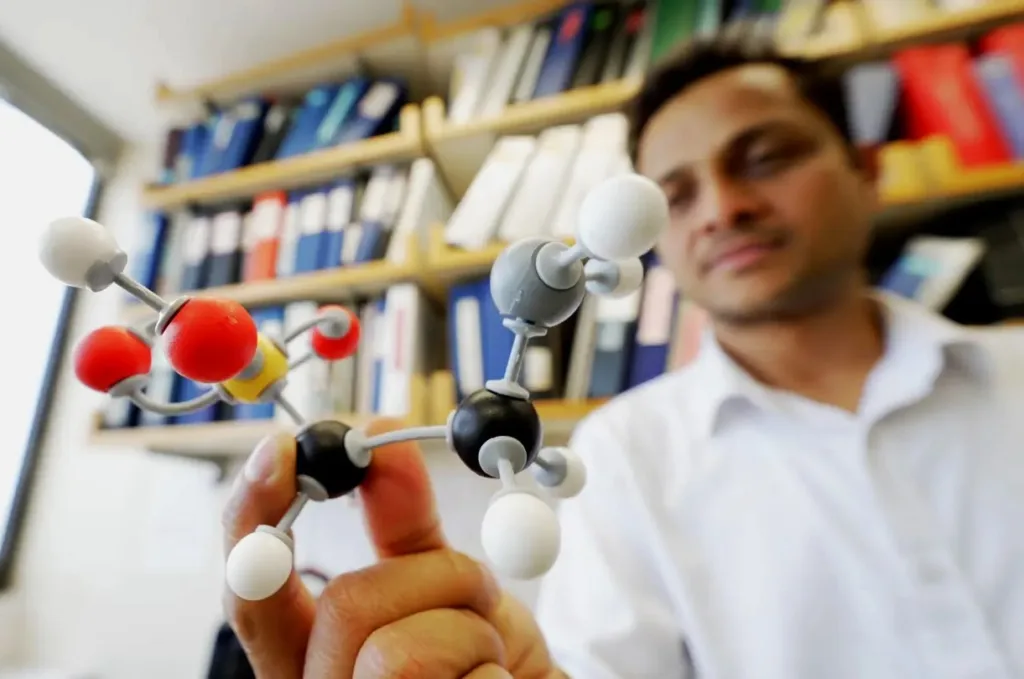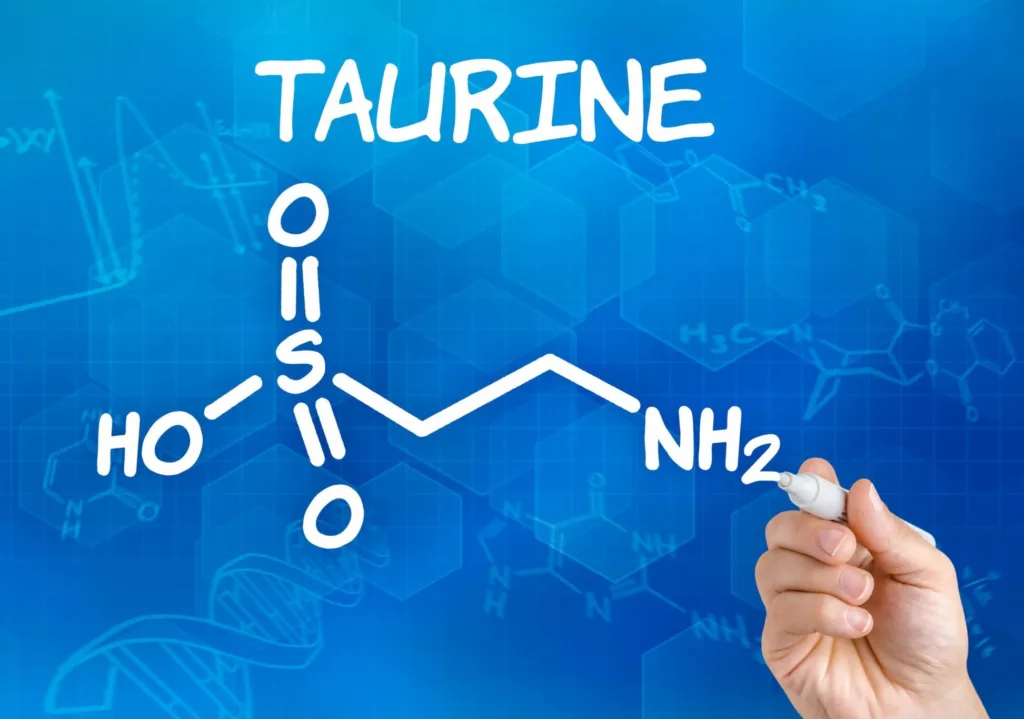The Potential of Taurine: Guide to its Anti-Aging Benefits
Researchers have focused on taurine, an amino acid that is essential for many body processes, in their search for the fountain of youth. Although taurine has been shown in recent research to have anti-aging qualities, its exact effect on human aging is still unknown. In this piece, we explore the fascinating realm of taurine, looking at its history, physiological functions, and the encouraging studies pointing to taurine’s potential as a supplement for anti-aging.

Knowing Taurine:
Taurine, scientifically known as 2-aminoethanesulfonic acid, is primarily obtained through our diet. Despite its popularity in energy drinks and supplements, the exact health effects of taurine are still a mystery. Recent research, particularly a study published in the journal Nutrition, suggests that taurine could be a valuable dietary supplement in the battle against aging.
Biological Actions of Taurine:
Taurine exhibits various biological actions, such as conjugating bile acids, regulating blood pressure, and acting as a potent antioxidant and anti-inflammatory agent. These actions, demonstrated in mechanistic and animal studies, hint at taurine’s potential to be protective against coronary heart disease.
Anti-Aging Insights:
As taurine levels naturally decline with age, supplementation may offer a way to slow down or even reverse aging, as observed in studies on animals like worms, mice, and monkeys. Taurine’s role as an organic osmolyte in maintaining skin homeostasis is crucial, with oral supplementation showing promise in restoring depleted taurine levels in aging skin.
Taurine and Cardiovascular Health:
While mechanistic and animal studies showcase taurine’s positive impact on cardiovascular health, human studies are limited. Identifying taurine as a preventive factor for coronary heart disease could be of significant public health importance.
Taurine in Skin Health and Hair Growth:
Taurine’s influence extends to skin health, where it stimulates wound healing and collagen synthesis. Additionally, taurine promotes hair survival and growth by being absorbed into connective tissue, root sheath, and hair bulbs.

Food Sources of Taurine:
Shellfish, particularly scallops, mussels, and clams, boast the highest taurine content. Dark meat from turkey and chicken, along with turkey bologna, also provide substantial amounts of this amino acid.
Taurine and Hormone Regulation:
Taurine’s inhibitory nature plays a role in activating receptors on neural lobe nerve terminals, influencing hormone release. While not involved in muscle-building processes, taurine, especially in the form of l-taurine, is considered more bioavailable and may be effective in smaller doses.
Finally, taurine is revealed to be an intriguing amino acid that may help to prevent aging and improve general health. Evidence suggests that taurine supplementation may have benefits for cardiovascular health, skin rejuvenation, and even hair growth, though research on its anti-aging effects is still ongoing. While more research is needed, adding foods or supplements high in taurine to our diets could be the key to a healthier and possibly younger future.
References:
O’Flaherty L, Stapleton PP, Redmond HP, Bouchier-Hayes DJ. Intestinal taurine transport: a review. Eur J Clin Invest. 1997;27:873–80. [PubMed] [Google Scholar]
Tappaz ML. Taurine biosynthetic enzymes and taurine transporter: molecular identification and regulations. Neurochem Res. 2004;29:83–96. [PubMed] [Google Scholar]
Stapleton PP, Charles RP, Redmond HP, BouchierHayes DJ. Taurine and human nutrition. Clin Nutr. 1997;26:103–8. [PubMed] [Google Scholar]
Finnegan D. The health effects of stimulant drinks. British Nutrition Foundation Nutrition Bulletin. 2003;28:147–55. [Google Scholar]
Paauw JD, Davis AT. Taurine supplementation at three different dosages and its effects on trauma patients. Am J Clin Nutr. 1994;60:203–6. [PubMed] [Google Scholar]

2 thoughts on “Turn Back Time with Taurine: The Secret to Anti-Aging”